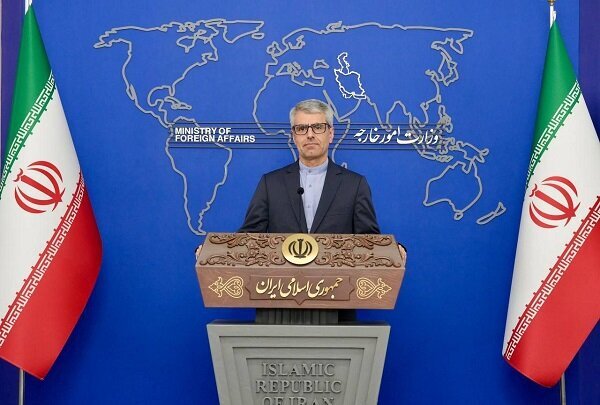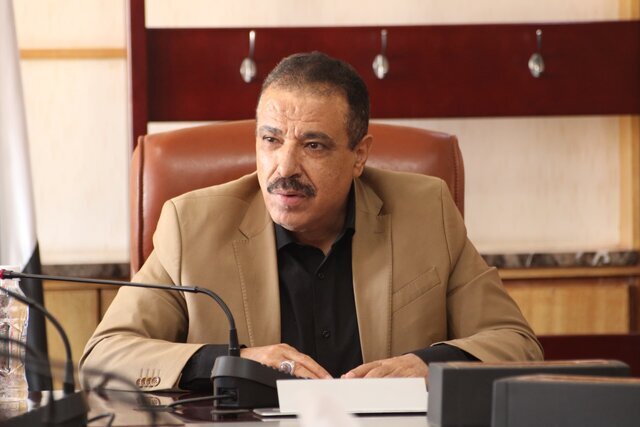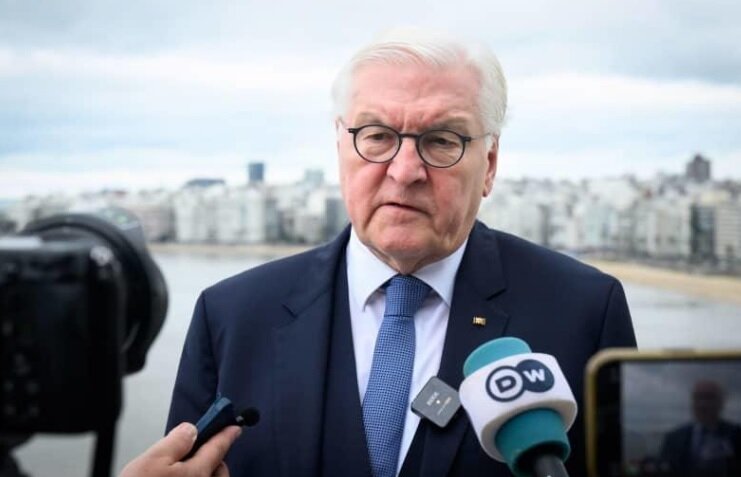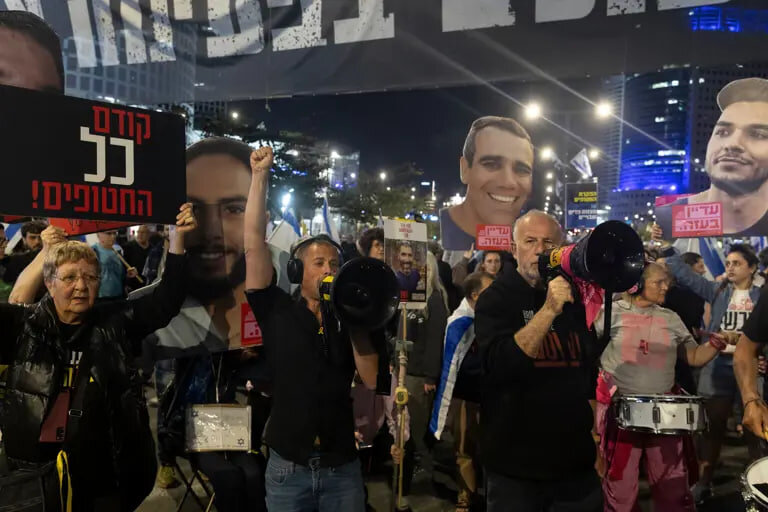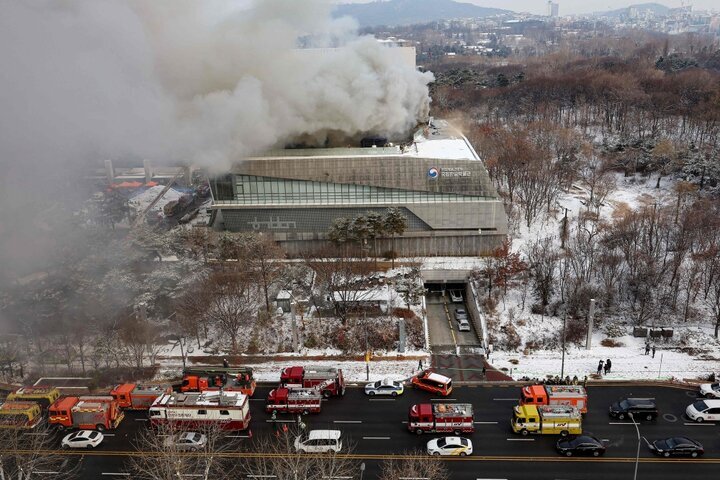Iran-US Talks at Risk: ‘Moving the Goalposts’ Could Derail Negotiations, Warns Spokesperson
The ongoing discussions between the US and Iran regarding nuclear enrichment have taken a significant turn, as US Special Envoy Steve Eitkoff stated on Tuesday that Iran “must stop and eliminate” its nuclear enrichment program to finalize a deal with Washington, according to Press TV. This recent stance contradicts earlier US positions that permitted low-level uranium enrichment for energy production.
In response to this shift, Iranian political analyst Baghaei likened the US’s actions to “moving the goalposts,” describing it as a “professional foul and an unfair act in football.” He emphasized the detrimental impact that such changes in diplomacy could have on the negotiation process.
Baghaei remarked on social media platform X, stating, “In diplomacy, any such shifting (pushed by hawks who fail to grasp the logic/art of commonsensical deal-making) could simply risk any overtures falling apart. It could be perceived as a lack of seriousness, let alone good faith. We’re still in testing mode…” He further criticized American hardliners, asserting that they “do not understand the art of a win-win deal” and impose their unjust will on both the US government and its negotiators.
The US State Department reiterated Eitkoff’s recent comments about the ongoing Iran negotiations, clarifying that the objective remains to “eliminate” Iran’s uranium enrichment altogether. This unstable stance from Washington highlights the strong opposition from certain interest groups and lobbies in the US that resist establishing a fair deal with Iran.
Moreover, hardliners and anti-Iran lobbies both inside the US and abroad have made significant efforts to disrupt the negotiations. They have employed tactics such as:
- Fear-mongering
- Misinformation
- Character assassination
- Psychological manipulation
Following the US’s change in rhetoric, Iranian Foreign Minister Abbas Araghchi firmly stated that uranium enrichment as part of Iran’s peaceful nuclear program is “non-negotiable.” He cautioned that talks between Tehran and Washington would yield no productive results if conducted under pressure and without mutual respect.
In a related statement, the Leader of the Islamic Revolution, Ayatollah Seyyed Ali Khamenei, commented on the indirect talks between Iran and the US held in the Omani capital of Muscat. He noted that these discussions had been “implemented well in their initial steps,” but expressed a sense of skepticism regarding the other party’s intentions. Khamenei’s remarks highlighted the cautious approach the Iranian leadership is taking amid these delicate negotiations.
The anticipation for the next round of talks is building, with the second session scheduled to take place on April 19 in Muscat. As the date approaches, both sides remain at an impasse, with the US firm on its demands while Iran stands resolute in its stance on uranium enrichment.
This evolving situation not only underscores the complexities of international diplomacy but also reflects the broader geopolitical tensions that influence negotiations. Stakeholders from both nations, as well as external observers, are keenly watching how these discussions will unfold and whether a breakthrough can be achieved.
In summary, the negotiations between the US and Iran are marked by contrasting positions and significant external pressures. As both sides prepare for their next meeting, the global community remains hopeful for a resolution that can pave the way for lasting peace and stability in the region.
